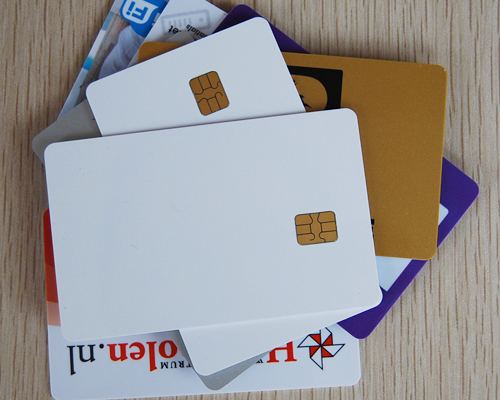Benefits Of RFID Technology
RFID technology was used for years by different companies, but was not popular initially because the cost of employing this technology was high. For this reason, most people knew less about the RFID technology. RFID is the acronym for radio frequency identification, popularly used to identify reception of radio signals. Basically, they have two types of tags, passive tags and active tags. Both tags are expensive depending on the battery used. Here are main benefits of using RFID technology over the tedious barcode system.
1. Reduces warehouse and labor costs
It replaces the barcode labor-intensive process of tracking cases, pallets, individual products and cartons with sensors. This can help reduce labor costs as well as service charges of shelf inventory and stock management. Moreover, RFID has unique tags, which make the system error-free as compared to the bar code system.
2. Cuts labor-intensive cost
With RFID enabled goods, calculation can be done with a swift scan of all products in the cart reducing labor-intensive costs. Additionally, this will improve the current system being used, helping to enhance adoption, thereby eliminating fraud.
3. Eliminates losses
Inventory accuracy helps to eliminate missing/excess inventory, write downs and losses. With RFID, you can minimize inventory errors so that the records provided are factual. RFID tags are also popular since they can withstand harsh temperature and environment.
4. Improves planning and forecasting
Visibility improvement can improve the planning capabilities to keep track of the inventory and what changes are made to it. This system will therefore help reduce fraud and losses, as well as missing inventory.
5. Reduces losses and theft
With RFID, goods are tracked with pin-point accuracy to ensure there are no inventory errors, which can lead to loses. RFID can also be used in retail stores to keep track of high priced items, to prevent theft.
When organizations use RFID for high end security jobs like payment methods, theft still remains inevitable.






